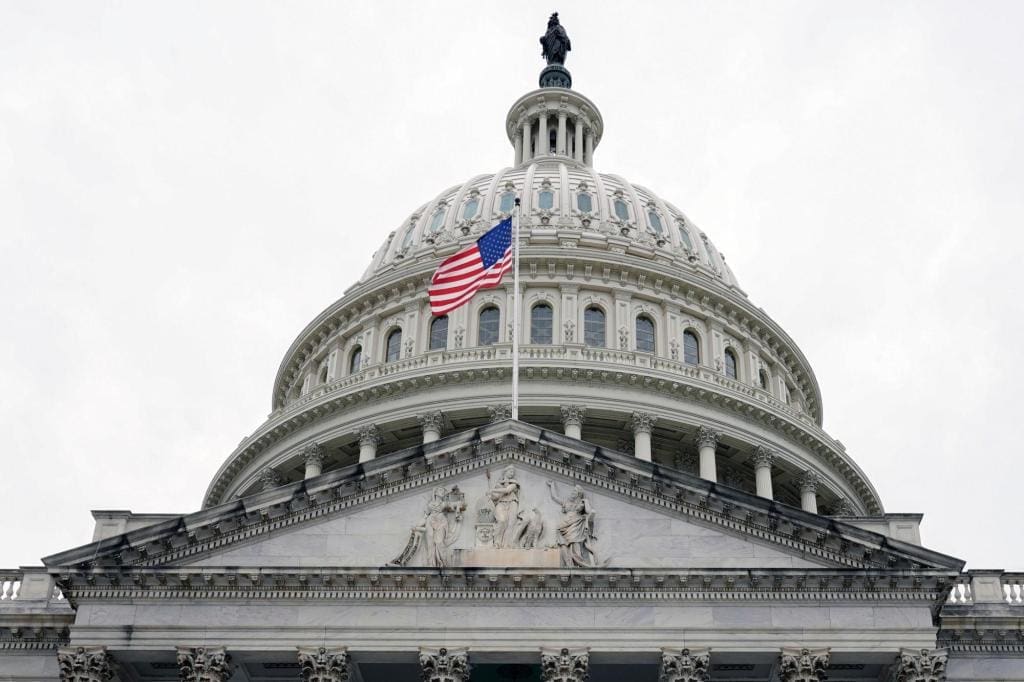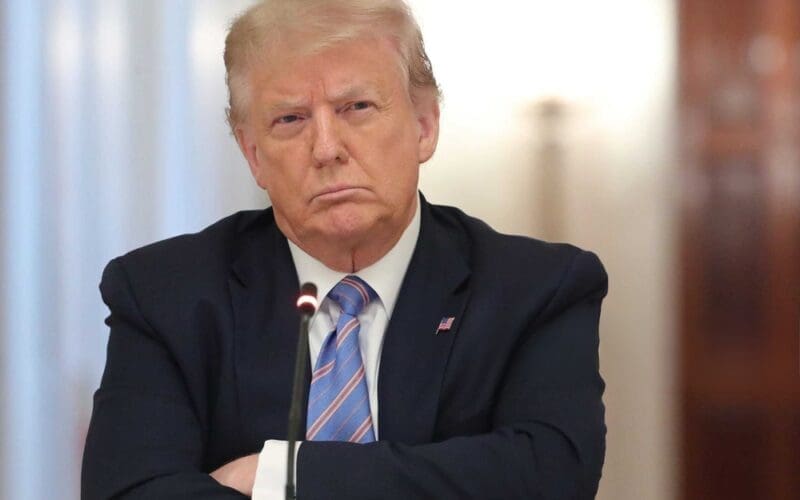In a striking display of political maneuvering, President-elect Donald Trump’s recent Cabinet nominations have ignited a battle of constitutional authority between the executive branch and the U.S. Senate. The Senate’s ‘advice and consent’ role faces a potentially pivotal test as it grapples with Trump’s rapid and often controversial picks for his administration.
The withdrawal of Matt Gaetz as Trump’s nominee for Attorney General underscored the Senate’s enduring constitutional power to vet high-level appointments. However, this brief victory for Senate Republicans may foreshadow a series of confrontations with Trump, who is intent on populating his administration with loyalists. Gaetz’s nomination had sparked alarm among GOP senators due to ongoing allegations against him, and his abrupt withdrawal left many in the political sphere stunned.
Trump swiftly moved on from Gaetz’s withdrawal, turning to former Florida Attorney General Pam Bondi as his next choice for the Justice Department, following a pattern of quick, decisive appointments. This strategy indicates Trump’s desire to fill his administration with individuals capable of challenging the status quo, signaling further possible clashes with both Democrat and Republican lawmakers.
Senate Republicans, while maintaining a careful tone, have reiterated their constitutional obligation to evaluate Trump’s choices, especially given the president-elect’s inclination to bypass traditional vetting processes. ‘The constitutional directive is clear,’ stated Senator Mike Rounds from South Dakota, emphasizing the Senate’s duty to provide ‘advice and consent’ on presidential nominations.
As the Senate evaluates Trump’s additional selections, such as Pete Hegseth for Defense Secretary and Robert F. Kennedy Jr. for Health and Human Services, it faces a delicate balancing act. Each candidate has sparked controversy, either due to past allegations or ideological views that deviate from mainstream Republican values.
Moreover, Trump’s allies argue that the president-elect should be unhindered in appointing his chosen individuals, asserting that these selections are central to his campaign promises to disrupt Washington’s entrenched systems. Yet this position is challenged by institutional norms and the Senate’s constitutional prerogatives as described by outgoing Senate Republican leader Mitch McConnell.
Looking ahead, Trump has also suggested leveraging recess appointments, a move that could allow him to install nominees without Senate approval. This approach raises significant constitutional questions and challenges the Senate’s traditional role in the confirmation process, as noted by political analysts like Sarah Binder from George Washington University.
Despite these tensions, Trump supporters are rallying support to push the nominations through. Efforts by conservative activists, such as Charlie Kirk and others, aim to pressure Republican senators into confirming these selections. Meanwhile, any potential use of a constitutional mechanism to adjourn Congress, allowing Trump to make appointments unilaterally, remains untested and controversial.
The unfolding scenario between the Senate and President-elect Trump’s administration highlights a critical juncture in U.S. politics, testing the balance of power inherent in the nation’s governmental structure. As Trump continues to assert his authority through rapid nominations and potential recess appointments, the Senate’s response will shape the effectiveness of its constitutional duty to provide ‘advice and consent.’ In the end, this confrontation may redefine congressional executive relations for years to come.
Source: Sun-sentinel














